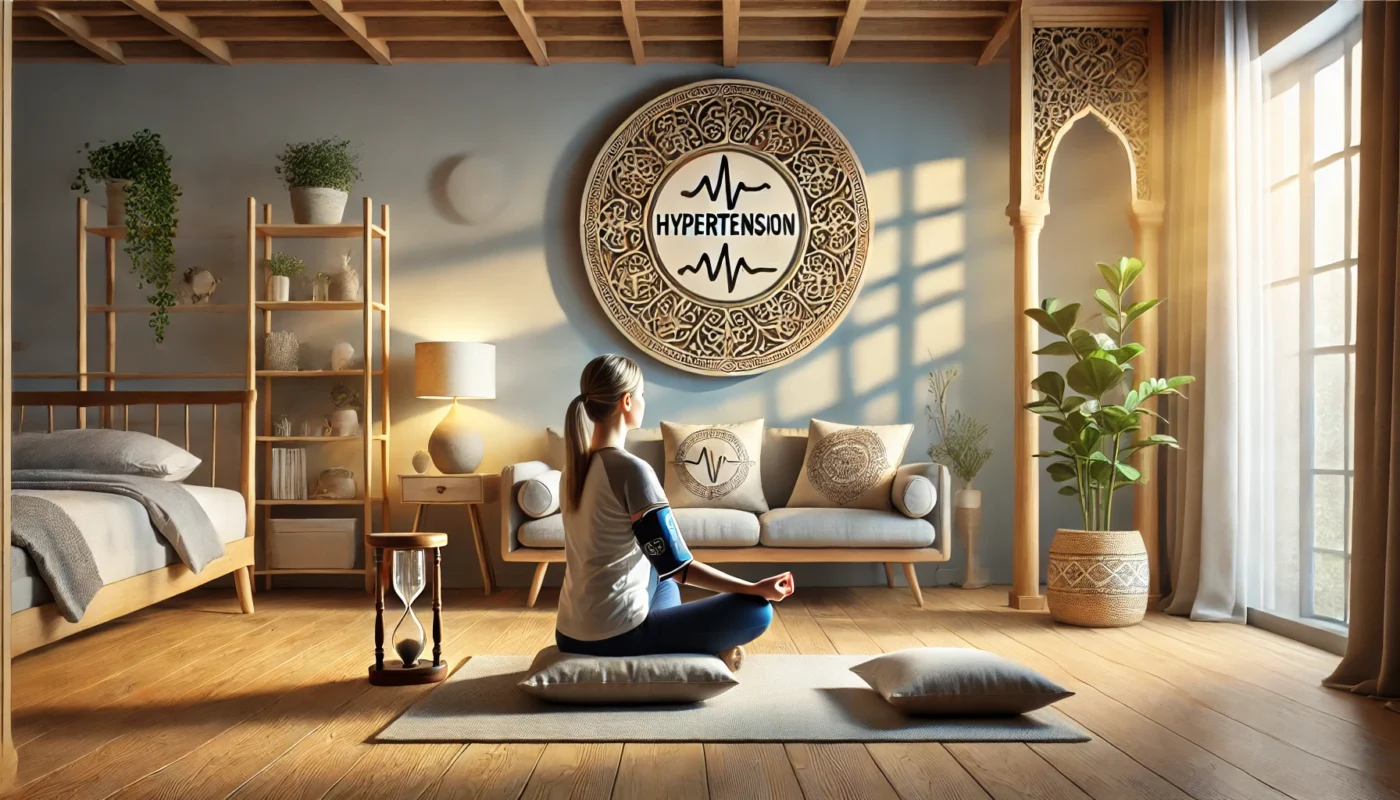Hypertension, or high blood pressure, is a leading risk factor for cardiovascular disease, affecting nearly one in three adults worldwide. As a silent condition that often progresses without symptoms, hypertension poses significant health risks if left unmanaged. While medications and lifestyle modifications remain the cornerstone of hypertension prevention and management, yoga has emerged as a powerful complementary practice. Yoga combines physical postures, breathing exercises, and mindfulness techniques that can reduce stress, enhance relaxation, and improve vascular health. This article explores how yoga practices may help in preventing hypertension, the mechanisms behind its benefits, and how individuals can integrate yoga into their daily lives for long-term cardiovascular health.
Tag Archives: Hypertension
Hypertension, or high blood pressure, is a condition that develops over time and often goes unnoticed until it leads to serious complications such as heart disease, stroke, or kidney failure. While it is commonly associated with aging, hypertension can begin its harmful trajectory much earlier in life. Proactively managing your health during your 20s and 30s is essential to helping prevent hypertension and its long-term consequences. This article explores the lifestyle changes and preventive strategies young adults can adopt to maintain healthy blood pressure and safeguard their cardiovascular health.
Hypertension, or high blood pressure, is often referred to as the “silent killer” because it can develop slowly and go unnoticed until serious complications, such as heart attack or stroke, occur. According to the World Health Organization (WHO), nearly 1.28 billion adults worldwide have hypertension, yet only about half are aware of their condition. Early detection is critical, as managing hypertension in its early stages can significantly reduce the risk of severe cardiovascular and systemic complications. This article will provide a detailed guide to recognizing the early signs of hypertension, understanding its risk factors, and adopting strategies to address it before it becomes a serious health issue.
Hypertension, or high blood pressure, is often described as a silent condition due to its lack of obvious symptoms. However, its implications extend far beyond physical health. Living with hypertension can lead to significant psychological and emotional challenges, including stress, anxiety, depression, and even social isolation. These mental health burdens can, in turn, exacerbate blood pressure issues, creating a harmful cycle that impacts overall well-being. Recognizing and addressing the psychological burdens of hypertension is essential for achieving holistic health. This article explores the mental and emotional challenges associated with hypertension and provides evidence-based strategies for coping.
Hypertension, commonly referred to as high blood pressure, is a significant global health challenge, affecting nearly half of all adults. Known as the “silent killer,” hypertension often develops without noticeable symptoms, making it one of the leading preventable causes of cardiovascular disease, stroke, and kidney failure. Regular blood pressure monitoring plays a crucial role in preventing and managing this condition. By identifying blood pressure trends early, routine checks empower individuals to take timely action, reduce risks, and maintain optimal health. This article explores why regular blood pressure checks are essential, how they aid in hypertension prevention, and best practices for effective monitoring.
Hypertension, commonly referred to as high blood pressure, affects millions of individuals worldwide and is a major risk factor for cardiovascular disease, stroke, and kidney failure. While its physical complications are well-documented, growing evidence suggests that hypertension may also have significant implications for sleep health. One intriguing area of study is the potential connection between hypertension and sleep paralysis—a phenomenon characterized by temporary muscle paralysis and a sense of immobility upon waking or falling asleep.






